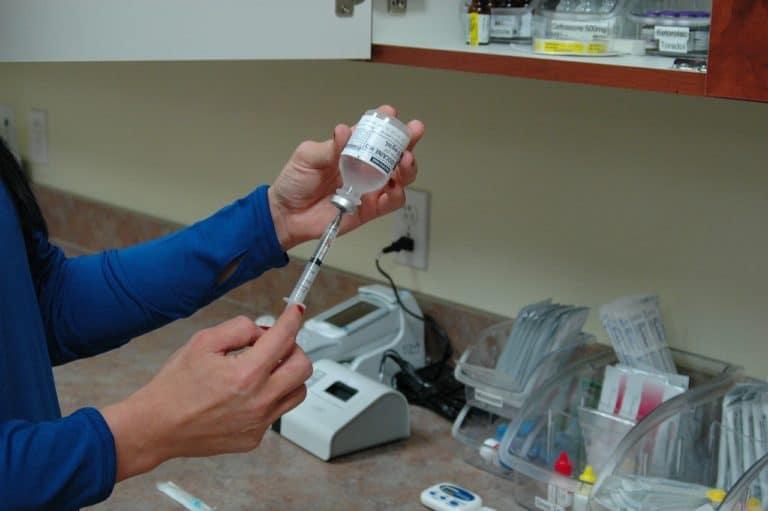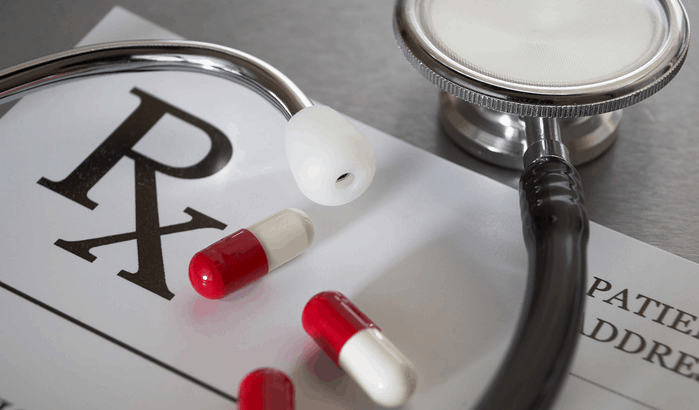Many of my patients are very nutrition-conscious in terms of overall wellness. I have previously written about the benefits of heart-friendly diets because they also support prostate health (see more here). The basics of healthy eating include less red meat (more chicken and fish if you’re a carnivore), more fruits and vegetables (preferably organic), nuts, whole grains, less sugar, fat and alcohol, and plenty of antioxidants.
Recently, flaxseed has started gaining attention for the numerous benefits it offers. These include
- Dietary fiber
- High in antioxidants (help prevent heart disease)
- High omega-3 fatty acid content (shop Omega-3 on Amazon)
- May help control blood pressure
- May help reduce the proportion of “bad cholesterol”
- High in plant lignans which may help prevent prostate cancer (PCa) from spreading
You are probably thinking, “Plant lignans? What are those and what do they have to do with PCa?” Lignans are chemicals found in plants. They are called phytoestrogens because their molecular structure is similar to the female hormone estrogen, so the connection with hormone driven breast and prostate cancer is of great interest to researchers. Lignans are found cereal grains (especially rye), cruciferous vegetables, apricots, berries, and sesame seed. However, flaxseed tops the list of foods rich in lignans.
A 2013 study from Duke University reported an excellent analysis of flaxseed supplements like this one and the role they might play in controlling tumor cell growth by inhibiting PCa’s ability to build a new blood supply (angiogenesis).
When flaxseed is consumed, certain substances called enterolignans that are known to inhibit tumor growth are released into the bloodstream. Eventually, higher levels of these substances show up in urine where they can be measured. The research team recruited 161 men scheduled for prostatectomy. For about 30 days before their surgery, they were randomly assigned to one of 3 groups:
- Group A (flaxseed group) consumed 30 grams/day of whole-ground flaxseed with or without a low fat diet
- Group B (low fat group) consumed less than 20% of daily calories from fat
- Group C (control group) made no dietary changes
For purposes of the study, the team took pre and post urine samples to measure changes in the enterolignan concentrations. At baseline, all groups had basically equal concentrations, but at the end of the study group, those who consumed flaxseed had much higher lignan levels. The research group also had access to tumor markers from the prostate specimens of 147 patients.
They found that the men with the highest enterolignan concentrations (i.e. those who consumed flaxseed) had the lowest expression of genes that promote tumor growth.
This is called an inverse proportion, in other words, the more of A, the less of B. In short, the patients who used flaxseed had reduced risk of prostate cancer proliferation. Depending on the biomarker, the risk reduction ranged from modest to moderate to significant.
There are cautions about suddenly adding flaxseed to your diet. The best form is organic ground flaxseed, which can be sprinkled into soups, salads, pasta, etc. It can also be baked into muffins or other baked goods. Ease into it, as the additional fiber can cause intestinal irritation leading to diarrhea, so it’s best to add it gradually. It may not be wise to go as high as 30 grams/day, since that amount was for clinical observation over a 30 day pre-surgery period.
Most people who supplement with flaxseed take 1-2 tablespoons per day (about 7-14 grams), and gradually work up to that.
Avoid flaxseed oil. The oil does not contain the lignans, and because it’s pure fat, it may do more harm than good if you’re striving to reduce fat in your diet (except for healthy fats).
One last note: A member of the Duke U. research team, Dr. Thomas Polascik, has long been interested in focal therapy for PCa. I personally find the flaxseed research valuable in connection with our focal laser ablation (FLA) at the Sperling Prostate Center. As with all advances in understanding the relationship between what we put in our bodies and prostate cancer, there are particular implications for flaxseed supplementation and controlling the spread of prostate cancer. If you are considering focal therapy, talk to your own doctor or nutritional consultant on the merits of adding flaxseed to your nutrition.
Copyright by Dan Sperling, MD. Reprint permission courtesy of Sperling Prostate Center (New York, Florida), the leading U.S. center for multiparametric detection, diagnosis and image-guided focal treatment of prostate cancer.
Read more in our Prostate Cancer Health Center.
Reference
Azrad M et al. Flaxseed-derived enterolactone is inversely associated with tumor cell proliferation in men with localized prostate cancer. J Med Food 2013 Apr; 16(4): 357–60.







